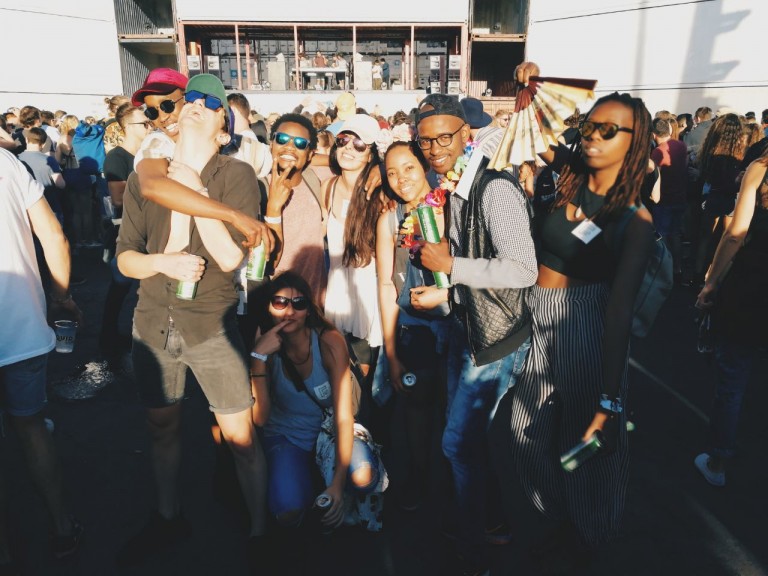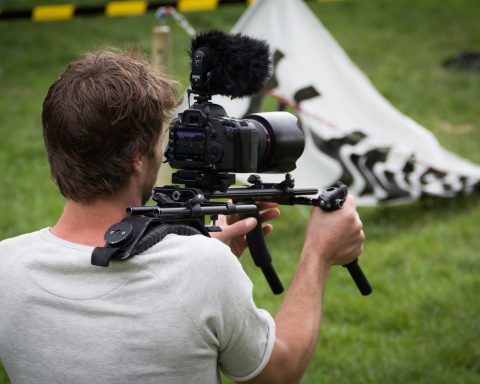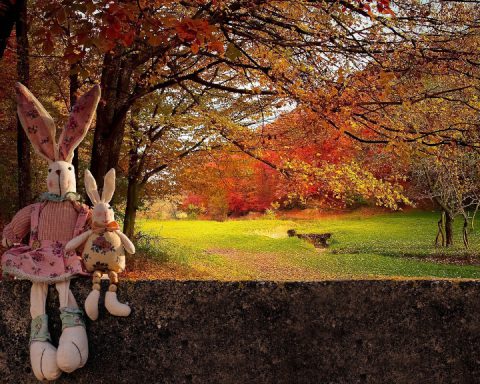Quitting my job, leaving everything behind and moving from Leipzig to South Africa was probably the craziest thing I have ever done in my life, but to be honest, also one of the best things.
I started my own travel blog focusing on culture, traditions and the people that I meet while traveling. Ever since I moved here, I have traveled southern Africa a lot and have learned so much about life, people, cultures and myself.
Now, the LeipGlo team asked me what things might have been tough for me as a German to adapt to in South Africa or Africa in general.
I have to admit nothing really popped up in my mind immediately, because I have been in South Africa for sort of more than 2 years now and got used to everything. After one week of intense thinking, I can now tell you the following things were a bit difficult for me when I first got here:
1. South African time
In South Africa or Africa in general, they use a different clock which they call “(South) African time.” African time is the cultural tendency to be more relaxed towards time. The best example for that is the expression: “I am going to do that now now.” “Now Now” doesn’t mean that someone is going to do something immediately.
“Now, now” can mean:
– Now,
– In 2 hours,
– In 1 week,
– Or even never.
Only if someone tells you: “I am going to do it now” – can you be quite sure that it’s going to get done… as soon as possible (but still – no guarantee). Being more relaxed when it comes to time brings me to my next point.

2. Easygoing people
Imagine the following situation: You are in a coffee shop and there are 3 people working (who you feel are not really busy), and only one customer waiting to be served. In Germany, one of the employees probably would have taken your order immediately. In South Africa, you would still wait at the counter for another 2 minutes before one of the employees eventually decided to make their way to you asking for your order.
I have to be honest – in the beginning, it freaked me out. I don’t have time for that, especially when I am running late. Now, I am actually using it as a good example to also be more relaxed and to take a break from the busy, hectic everyday life.
Please let me add to this that you can’t generalize, but these are situations I have experienced.

3. Regulations, rules and organization – in some aspects, no one really cares
In Germany, one of the things you can even be charged a fine for is crossing the street as a pedestrian at a red traffic light. In South Africa, everyone crosses the street at a red light and no one gives a shit.
What I found funny is that you can actually recognize Germans waiting at the traffic light for it to change to a green light. What I also found funny is the fact that every time I would pass them and cross the street, even if the light was still red, they would wait for 2 more seconds and then follow me.

4. 11 official languages
11 official languages, you would ask? Yes, they have 11 official languages in South Africa.
One of the main reasons why I came to South Africa was to improve my English. My English was very bad when I first got here. Now, I was forced to understand and learn English in a country where they speak (again) 11 languages, such as Xhosa, Afrikaans, Zulu, Sotho, Tswana, etc. What makes it even more difficult is that the people who live here from Malawi, Zimbabwe, Zambia, Congo and other African countries all have different ways of pronunciation, ways of saying things and different accents.
It took me a long time to make progress, and especially in the beginning, it really confused me.
5. T.I.A.
When I first got to South Africa, I would see things or people doing things that seemed super weird to me. People were doing stuff that didn’t make sense, or the ways they were doing it didn’t make any sense to me.
Let me give you an example. There is construction going on in the street, and you find one guy waving a red flag to warn you that there is a construction going on. Even without having this guy there, everyone can see that, so what’s the point of having this guy?
I have to say, 90% of my friends are Africans, and situations like the above mentioned often had my eyes glaring with question marks. Even they would say: “Claudi, relax – it’s T.I.A.!”
T.I.A., you ask? THIS IS AFRICA! It means that you musn’t expect things in Africa to work the way you are used to back at home.
To explain the above mentioned situation: South Africa is still a developing country with a high unemployment rate. They are providing as much employment as possible in order to make sure that everyone is able to put food on the table.
However, personally, I got used to it. I don’t care at all, because what I found in South Africa as well is:
– A stunningly beautiful landscape,
– Super charming people,
– A country of astounding diversity,
– One of the best safari destinations,
– And a new home.
By Claudi (onclaudinine.com)
Claudi is a 34-year-old German girl who left her career as a marketing manager in a bank in 2015 in order to move abroad and to see the world. She has been based in Cape Town ever since, and has traveled a lot of southern Africa. Traveling like a local to get to know unfamiliar cultures, traditions and the people is her passion. Come and follow her adventures!










